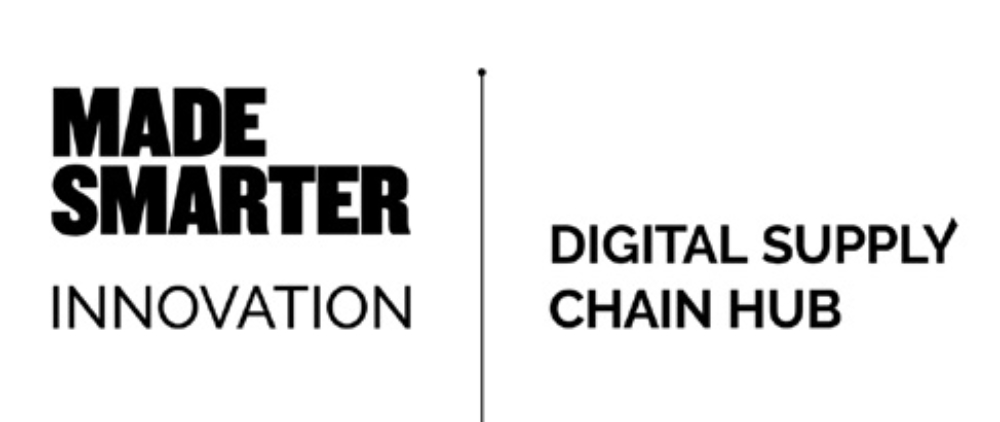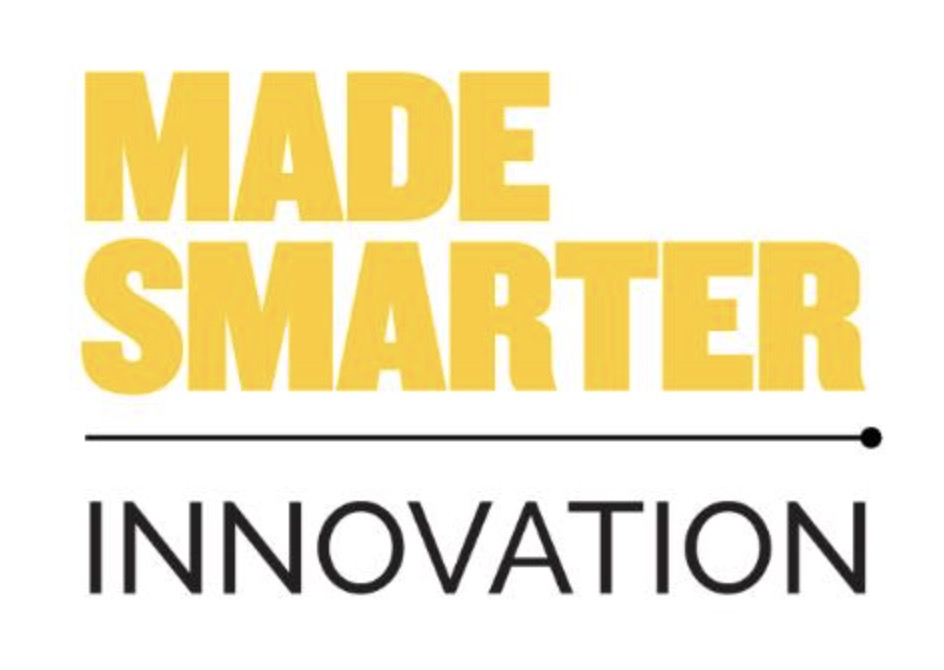Press releases
Digital Catapult’s Digital Supply Chain Hub welcomes four new companies to cut the carbon emissions of the UK textiles industry and accelerate hydrogen adoption
Digital Catapult, the UK authority on advanced digital technology, has today announced that four leading businesses have joined the Made Smarter Innovation Digital Supply Chain Hub programme to solve industrial challenges posed by their supply chains. The participating companies have sponsored specific challenges with technology providers that, if solved, will yield significant benefits for the country’s textiles and hydrogen industries, with each technology provider receiving up to £100,000 in funding.
Software provider Looper will receive support from New Look, as the leading fashion retailer sponsors a challenge to develop a tool that will help to better understand the life cycle of its garments. By aggregating performance measurements from product life cycle assessments (LCAs), the new solution will enable the business to more accurately gather data on how eco-friendly its products are throughout their lifecycle. In understanding each product’s environmental impact, from raw material extraction to end of life, New Look will be able to provide customers with more sustainable clothing options, and meet growing demand from environmentally-minded consumers.
Transport management company Loadar will work to develop a cutting-edge pricing engine to optimise truck fill and cut the carbon footprints of logistics providers, with support from Norfolk-based ShredStation, which specialises in safe and sustainable clothing disposal.
Technology startup MadeBy will look to develop a new solution that will track the flow of materials for different products across a textiles supply chain, in a challenge sponsored by QSA Partners. The solutions developed on the programme will be deployed into the Circle-8 Textile Ecosystems testbed, which is one of Digital Catapult’s twenty testbeds located across the country.
The Circle-8 Textile Ecosystems testbed is currently creating and implementing two closely connected manufacturing facilities, with the first focusing on advanced textiles sorting and pre-processing (ATSP), and the second working to establish a reliable, high-volume and cost-effective supply of feedstock for manufacturing. The overall objective of the testbed is to establish a data-driven environment that will support a circular textile supply chain in the UK, as the fashion and textiles industry proves to be crucial for the country’s economic growth.
The fashion and textiles industry currently contributes £62 billion to the UK economy every year, and the sector supports 1.3 million jobs. The increasing price of garments has influenced consumer attitudes. However, 52% of consumers now claim that rising prices have made them more aware of the importance of sustainable fashion. As these concerns continue to grow, more textile companies are embracing sustainable innovation to not only maintain their market share but to meet their environmental objectives too, particularly through their supply chains.
The project will also support the country’s hydrogen industry, as more companies also recognise the value of renewable energy to cut their carbon footprint and minimise costs. Heuris Energy will be supported by HydroGenus to overcome the financial and operational challenges that come with hydrogen adoption. By standardising data, and modelling the supply chain, Heuris will look to develop a new solution that will solve the fragmented hydrogen supply chain for customers, and be deployed into the Hyrologiq testbed where it will be tested for industrial application.
Digital Catapult is committed to helping businesses across key economic sectors to meet their environmental objectives by embracing new solutions and encouraging research and development on its programmes. As such, Digital Catapult has also launched an open call to translate digital innovation for real-world business benefit with Bayes Business School at City University of London. The team will develop practical business modelling approaches to demonstrate the value of supply chain digitalisation on the Digital Supply Chain Hub programme.
“The UK’s textiles and hydrogen industries are critical to the economy, and the challenges set to be solved on this programme will play a crucial role in helping these sectors to simultaneously improve efficiency and cut cost through sustainable innovation. As sustainability remains front of mind for key stakeholders in these sectors, the tools developed and deployed on this programme will further arm the challenge sponsors with the solutions they need to meet demand from their customers and commercial partners, and will sharpen their competitive edge.”
TIM LAWRENCE, DIRECTOR OF THE DIGITAL SUPPLY CHAIN HUB
Complete list of participants
Heuris Energy is a platform for developers to build green energy production capacities faster and more efficiently because building green energy capacity at scale is slow, hard and expensive.
Madeby is a technology start-up, on a mission to reduce waste. Using tools like digital IDs, its technology helps to increase revenue from the same product and provide transparency across the lifecycle of a product, reducing reliance on linear extractive models, while growing customer loyalty.
Looper is an LCA software provider that helps manufacturers calculate the climate impact of their products.
Loadar simplifies transport sourcing, providing direct tools for Shippers to collaborate with Carriers and eliminates the need for outsourcing, offering an efficient, powerful solution for freight management.
HydroGenus is a team of senior professionals developing hydrogen projects in the UK. They help organisations across all sectors assess the benefits of switching to hydrogen.
QSA Partners are specialists in circular economy research, learning and advisory consulting. Over the past 10 years they have developed many successful circular solutions that support their clients’ business growth and ESG/sustainability strategies.
New Look is a British global fashion retailer with a chain of high street shops across the country. It was founded in 1969, and sells womenswear, menswear, and clothing for teens. The company is recognised as one of the largest private companies in the UK and has expanded and previously operated across a chain of over 900 stores internationally.
Shred Station is the world’s largest independent shredding and recycling service provider. CarbonNeutral® certified since January 2019 and operating with a Zero to Landfill policy, Shred Station provides sustainable destruction services for paper, hard drives, products and textiles.





